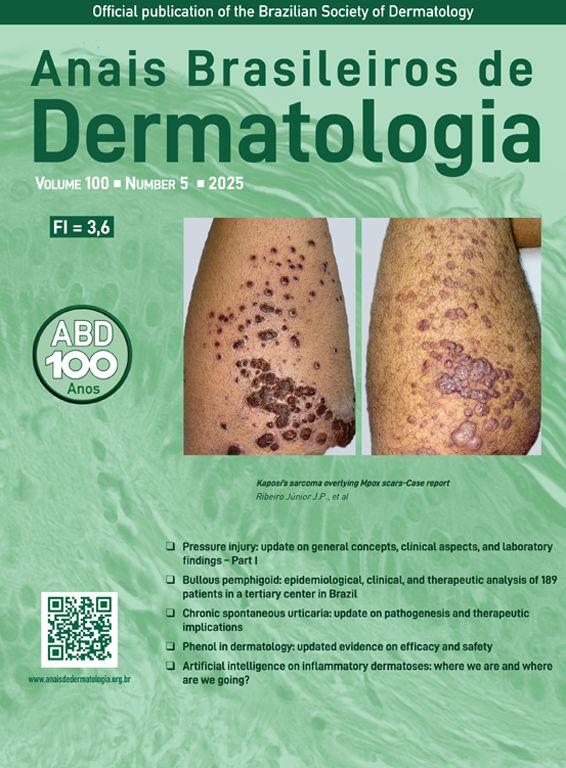was read the article
| Year/Month | Html | Total | |
|---|---|---|---|
| 2025 10 | 56 | 30 | 86 |
| 2025 9 | 256 | 111 | 367 |
| 2025 8 | 191 | 87 | 278 |
| 2025 7 | 184 | 77 | 261 |
| 2025 6 | 210 | 68 | 278 |
| 2025 5 | 195 | 67 | 262 |
| 2025 4 | 189 | 55 | 244 |
| 2025 3 | 210 | 56 | 266 |
| 2025 2 | 192 | 79 | 271 |
| 2025 1 | 154 | 70 | 224 |
| 2024 12 | 132 | 61 | 193 |
| 2024 11 | 149 | 73 | 222 |
| 2024 10 | 136 | 81 | 217 |
| 2024 9 | 156 | 84 | 240 |
| 2024 8 | 182 | 124 | 306 |
| 2024 7 | 152 | 112 | 264 |
| 2024 6 | 123 | 62 | 185 |
| 2024 5 | 126 | 63 | 189 |
| 2024 4 | 123 | 93 | 216 |
| 2024 3 | 142 | 67 | 209 |
| 2024 2 | 125 | 94 | 219 |
| 2024 1 | 91 | 54 | 145 |
| 2023 12 | 108 | 61 | 169 |
| 2023 11 | 124 | 131 | 255 |
| 2023 10 | 175 | 99 | 274 |
| 2023 9 | 218 | 102 | 320 |
| 2023 8 | 245 | 43 | 288 |
| 2023 7 | 89 | 27 | 116 |
| 2023 6 | 68 | 58 | 126 |
| 2023 5 | 23 | 29 | 52 |



